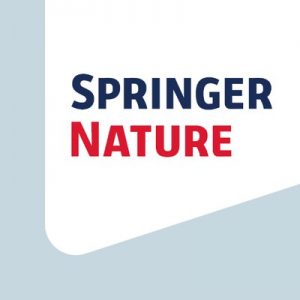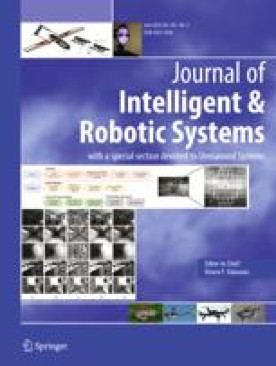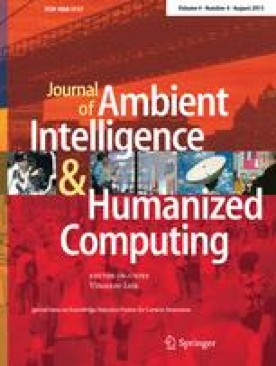In June of 2020, officials from the Veterans Affairs Medical Center of San Francisco and the University of California, San Francisco, sent a letter to the journal Oncogene with the findings of an investigation of scientific misconduct: A paper the journal had published in 2007 contained “falsified data,” and the officials recommended the journal “assess this paper for retraction.”
The 2020 letter – which we obtained through a public records request – was the second time the institutions had alerted the journal. As the officials stated, a previous investigation had found issues in the 2007 paper, and UCSF-VA had communicated “earlier evidence that this same paper had data fabrication and/or falsification constituting research misconduct” to the journal in 2017.
“Even though the journal has been notified after the last investigation and not taken action,” the 2020 letter stated, “they should be notified again because additional research misconduct has been found.”
In fact, a journal staffer was in the midst of discussing the issues in the article with Rajivir Dahiya, the corresponding author and then director of UCSF’s Urology Research Center with an appointment at the San Francisco VA Medical Center, according to emails seen by Retraction Watch.
Continue reading When it takes two university-federal agency letters – and five years – for a journal to retract a paper








